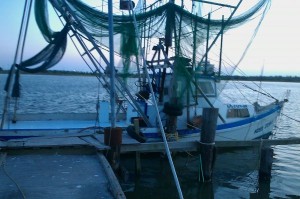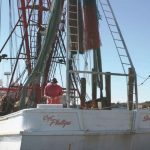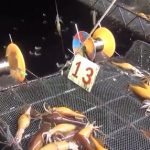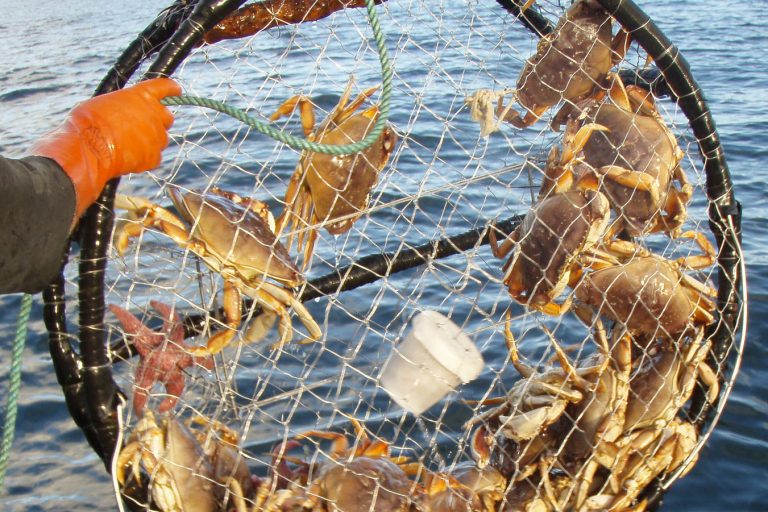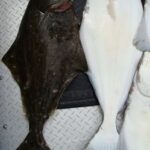Tag Archives: Rutgers University study
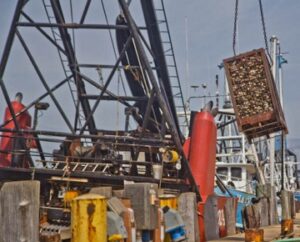
Offshore wind farms could reduce Atlantic City’s surfclam fishery revenue up to 25%
New research from Rutgers University shows Mid-Atlantic surfclam fisheries could see revenue losses from planned offshore wind farms, at least in the short- to medium-term after the development takes place. The data is sure to fuel opposition from the fishing industry to the Biden administration’s rapid offshore wind development along the New York, New Jersey, and Delaware coasts. President Joe Biden has a goal of generating 30 gigawatts of wind energy by 2030 as part of his effort to tackle climate change. Clammers and scallop fishermen fear a shrinking patch of fishable ocean will lead to the collapse of the industry. >click to read< 14:03
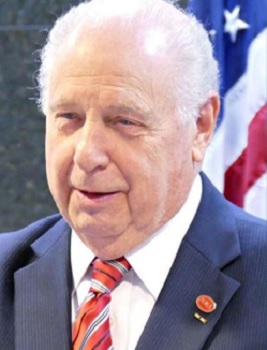
Offshore Wind Farms: Cape May Commercial Fishermen Must be Heard – They may be heard, they won’t be listened to
“The commercial fishermen have a lot of reservations about what’s going on,” said Thornton. “I would like the board to take a position to oppose this, “I am going to personally oppose it,”,,, Thornton cited figures provided by Rutgers University, reporting the commercial fishing industry in the county produces $192 million of product. “It is very significant,” In the Northeast, from Maine to Virginia, the county is ranked second in value and total pounds harvested, he said, adding it is “standard practice” in Europe and Asia to compensate commercial fishing businesses for lost income from offshore wind projects. NO! “We’re not hearing any of that here. Not at all,” said Thornton. In the U.S., there is no legal process for that to take place, he said. Certain states negotiated payments of their own with commercial fishermen, he continued. >click to read< 10:54 (starting to smell,,,)
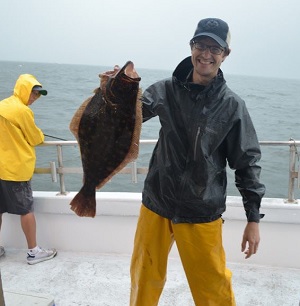
Climate change moving fish north, threatening turf wars, study says
World conflict is likely to increase over access to fisheries, as species move north in response to a warming ocean, according to a Rutgers University study published last week in the journal Science. “Seventy or more countries will likely have to start sharing with their neighbors” in coming decades, said lead author Malin Pinsky, including the U.S., Canada and Mexico.,, Gregory DiDomenico, executive director of the Garden State Seafood Association, said northern states such as New York argue they should now get a larger allotment for their fishing industries. He said allotments, which are set by the Atlantic States Marine Fisheries Commission and the Mid-Atlantic Fishery Management Council, are based on the history of landings by state. >click to read<23:32

































